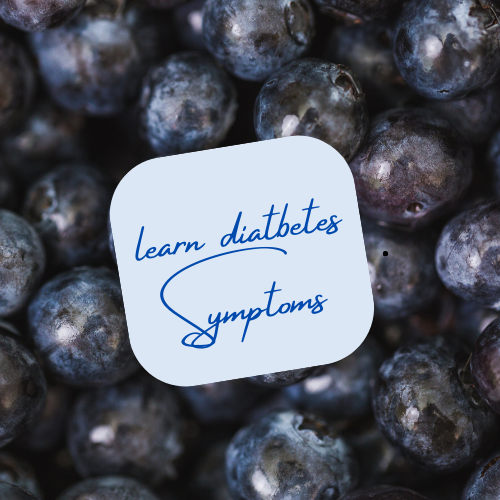What is Insulin Resistance?
What Is Insulin Resistance? Causes, Symptoms, and Management
What is Insulin resistance; is a metabolic condition that affects millions of people worldwide and is a key factor in the development of type 2 diabetes, obesity, and other serious health issues. But what exactly is insulin resistance, and how does it impact your body? In this article, we’ll explore the causes, symptoms, and effective ways to manage or even reverse this condition.
Understanding Insulin Resistance
Insulin is a hormone produced by the pancreas that helps regulate blood sugar (glucose) levels. When you eat, carbohydrates are broken down into glucose, which enters your bloodstream. In response, the pancreas releases insulin, which signals cells to absorb glucose for energy.
However, in insulin resistance, the body’s cells stop responding efficiently to insulin. As a result:
-
The pancreas produces more insulin to compensate.
-
Blood sugar levels remain elevated because glucose can’t properly enter cells.
-
Over time, this can lead to prediabetes, type 2 diabetes, and other metabolic disorders.
Causes of Insulin Resistance
Several factors contribute to insulin resistance, including:
1. Poor Diet
-
High intake of refined carbs (sugar, white bread, pastries) and processed foods.
-
Excessive sugary drinks (soda, fruit juices).
-
Low fiber intake, which helps regulate blood sugar.
2. Sedentary Lifestyle
-
Lack of physical activity reduces the body’s ability to use insulin effectively.
-
Exercise helps muscles absorb glucose without needing extra insulin.
3. Excess Body Fat (Especially Belly Fat)
-
Fat around the abdomen (visceral fat) releases inflammatory chemicals that interfere with insulin signaling.
4. Genetics & Family History
-
Some people are genetically predisposed to insulin resistance.
-
A family history of diabetes or metabolic syndrome increases risk.
5. Chronic Stress & Poor Sleep
-
Stress hormones (like cortisol) increase blood sugar levels.
-
Poor sleep disrupts insulin sensitivity.
6. Hormonal Imbalances
-
Conditions like PCOS (Polycystic Ovary Syndrome) are linked to insulin resistance.
Symptoms of Insulin Resistance
Many people don’t realize they have insulin resistance until serious complications arise. Early signs include:
-
Fatigue (especially after meals)
-
Increased hunger & cravings (especially for sugar and carbs)
-
Weight gain (especially around the waist)
-
High blood sugar levels (prediabetes range: 100–125 mg/dL fasting)
-
Dark patches on skin (acanthosis nigricans, often on neck or armpits)
-
High blood pressure & cholesterol
If left unchecked, insulin resistance can progress to type 2 diabetes, heart disease, and fatty liver disease.
How to Manage & Reverse Insulin Resistance
The good news? Insulin resistance can often be reversed with lifestyle changes. Here’s how:
1. Eat a Balanced, Low-Glycemic Diet
-
Focus on whole foods: vegetables, lean proteins, healthy fats, and fiber.
-
Avoid sugary snacks, white bread, and processed foods.
-
Choose low-glycemic carbs (quinoa, sweet potatoes, berries).
2. Exercise Regularly
-
Strength training and cardio improve insulin sensitivity.
-
Even walking 30 minutes a day can make a big difference.
3. Lose Excess Weight
-
Losing just 5–10% of body weight can significantly improve insulin function.
4. Get Enough Sleep & Manage Stress
-
Aim for 7–9 hours of quality sleep per night.
-
Practice stress-reduction techniques (meditation, deep breathing).
5. Consider Supplements (Under Medical Guidance)
-
Berberine, magnesium, and omega-3s may help improve insulin sensitivity.
-
Apple cider vinegar before meals can help lower blood sugar spikes.
6. Regular Blood Tests
-
Monitor fasting glucose, HbA1c, and insulin levels with your doctor.
Final Thoughts
Insulin resistance is a silent but dangerous condition that can lead to diabetes and other chronic diseases if ignored. The key to reversing it lies in healthy eating, regular exercise, weight management, and stress control.
If you suspect you have insulin resistance, consult a healthcare provider for testing and personalized advice. Small changes today can prevent major health problems tomorrow!
Want to learn more about natural ways to support healthy blood sugar levels?
👉 Check Out This Helpful Resource


Leave a Reply